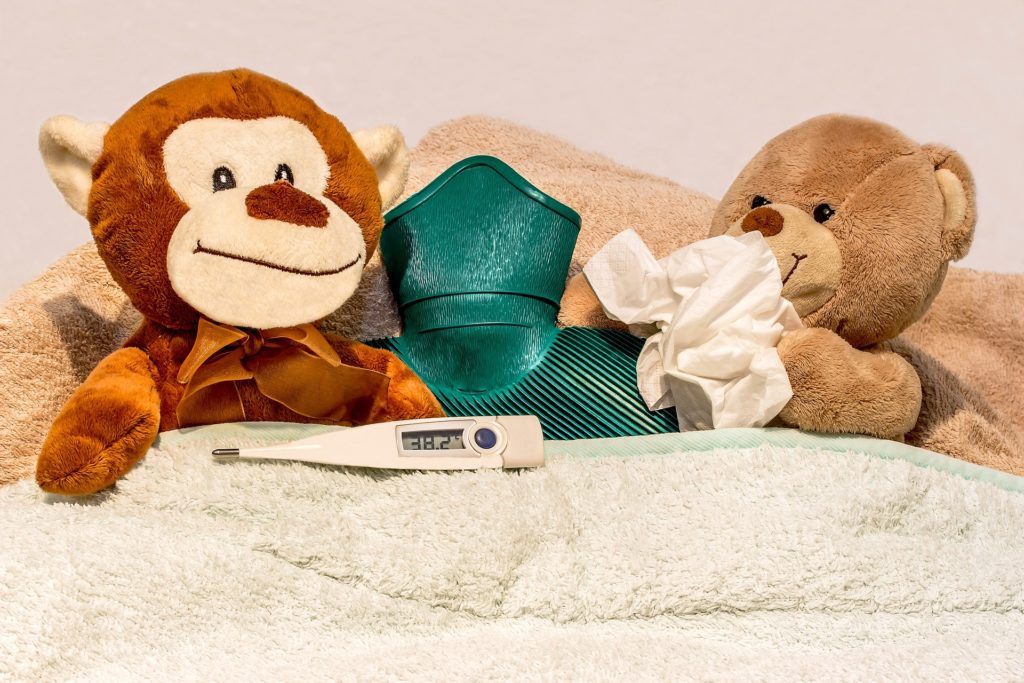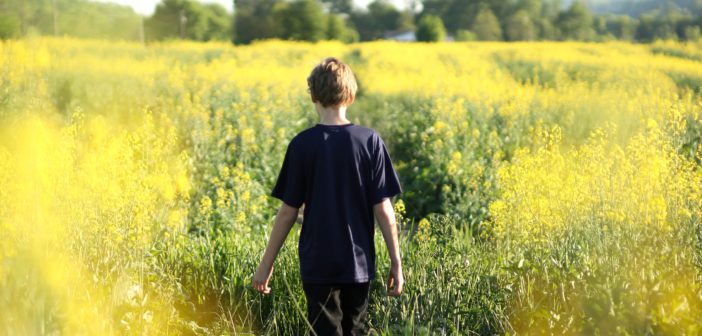Spring has sprung which for many people signals the beginning of hay fever season. Sometimes it can be hard to tell whether your child is coming down with a cold or their sniffles are due to something in the air (literally).
What is Hay Fever & What Causes It?
The layman’s term for a condition called allergic rhinitis, hay fever mainly affects the nose but also impacts other parts of the upper respiratory system. As with all allergies, some children can be more prone to hay fever than others.
Some people suffer from seasonal hay fever, usually in spring or summer when there are a lot of pollens in the air. People who are affected all year round suffer from what is known as perennial hay fever.
Allergens that may trigger hay fever include:
- Pollens
- Dust mites
- Animal fur or hair
- Mould spores
- Cigarette smoke
When particles from these allergens get inhaled, they cause irritation to the lining of nasal passages, sinuses and eyes.
People who suffer from hay fever often have related conditions such as food allergies, eczema or asthma. Severe allergic reactions to particles in the air can also lead to hives and rashes.
It is believed there is a genetic link involved in the predisposition to hay fever.

Hay Fever Symptoms
Symptoms can include:
- Runny and/or blocked nose
- Sneezing
- Itchy nose, throat, roof of mouth and ears
- Red, itchy or watery eyes
- Headaches
Hay fever can also lead to increased asthmatic episodes, difficulty sleeping, sore throats and sinus infections.
Diagnosis and Treatment
If your child’s quality of life is being negatively impacted by hay fever, see your GP. They may send you to get an allergy test to determine the specific cause.
There is no cure for have fever so they main methods of treatment are reducing symptoms and prevention.
Over the counter medications such as antihistamines and steroid nose sprays are generally safe and effective for children. Be sure to check with your pharmacist about appropriate usage.
If your child suffers perennial hay fever, there is a high likelihood they are allergic to dust mites and/or mold. There is some good information on minimising your child’s exposure to these substances here.
In severe cases, immunotherapy may be considers which involves desensitising your child to the allergen in order to change the body’s immune response.
It is important to remember that regardless of how hard you try, you can never completely remove allergens from the air and your child is likely to get exposure somewhere, such as a freind’s or relative’s house.
Do you or your child suffer from hay fever? What do you find works best to relieve symptoms?

